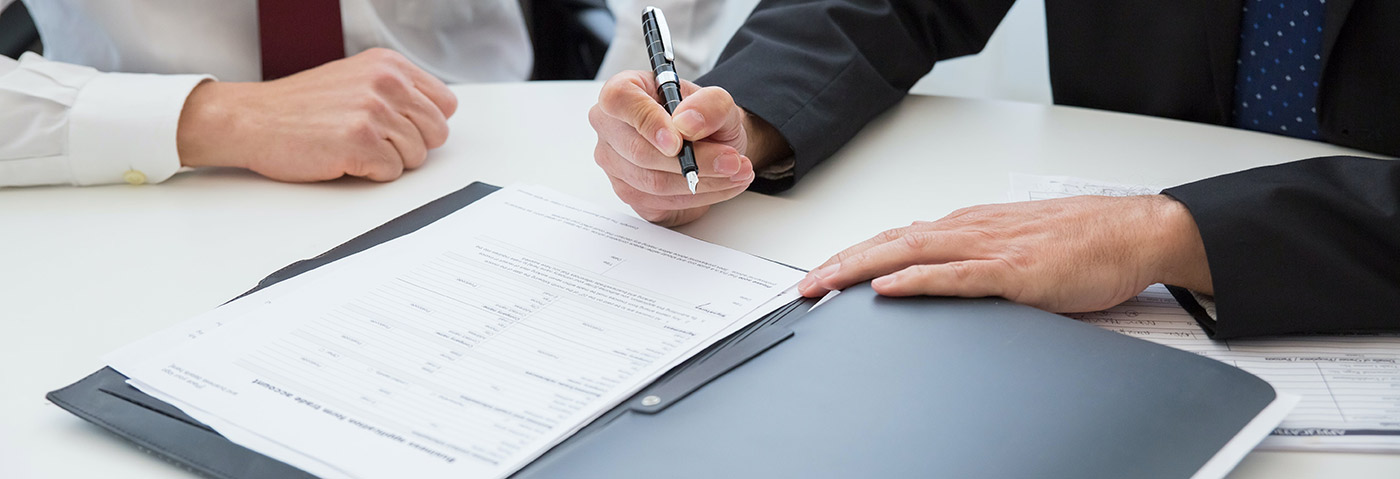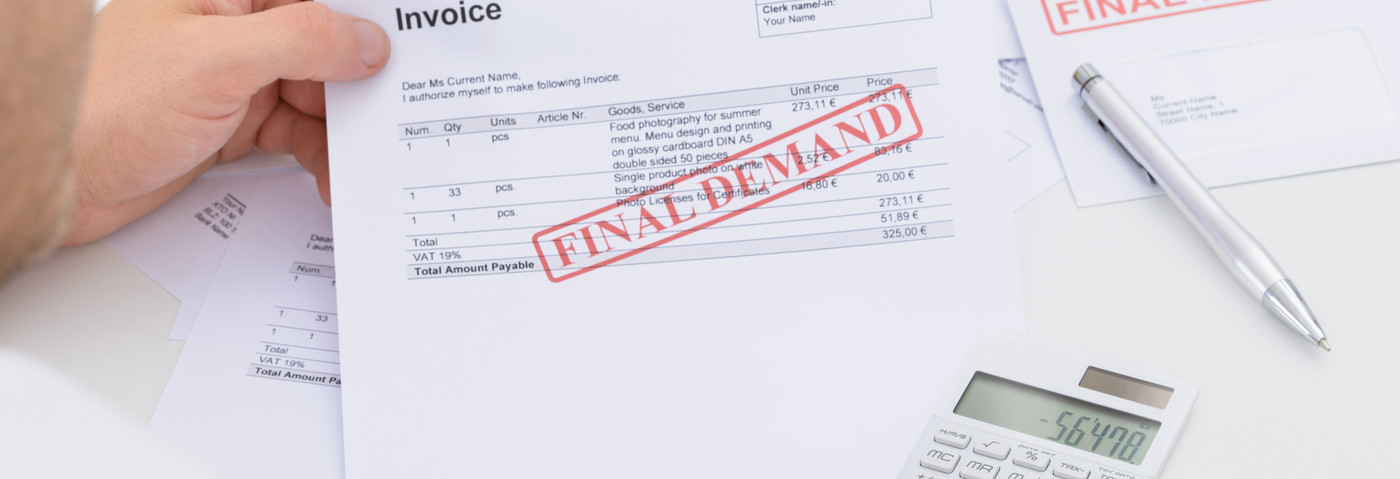Step 1: Analyze your Payment Documentation and Terms
An efficient payment process begins with the foundation of clear payment terms and invoice documentation. To get started, review your current payment terms covering payment deadlines and methods and fees and penalties for late payments. Make sure these terms are congruent with your business objectives and legal obligations.
Review invoice documentation specifically for terms and conditions such as a clear invoice number, pricing structure, tax or VAT details, and description of goods and services rendered.
A clear payment terms description in your contractual documentation is of utmost importance. Payment terms are legally binding and outline payment deadlines, specific hurdles that may be involved in the payments process, and any late fees or penalties. Payment terms are the bedrock of the payments relationship between a business and its clients or customers.

Step 2: How to Manage Pursuing Payments
Pursuing unpaid invoices revolves around building a strategy for how to follow up with clients and customers and send reminder messages. This strategy will help efficiently address delinquent invoices and unpaid accounts.
Most importantly, always be polite and professional in these communications with clients and customers that owe outstanding debts. Refrain from using excessive language, making aggressive demands, or resorting to any form of threats.
Aim to make these communications regarding delinquent accounts as personalized to the client as possible and above all else try to foster a collaborative tone and open approach to addressing the payments issue. This will allow the business and client to proceed in the most synergistic and productive way possible.

Step 3: Elevate the Concern by Issuing a Formal Demand Letter or Final Notice
In the process of resolving non-payment issues, this step entails escalating the matter by issuing a formal demand letter or final notice. It serves as a clear signal to the recipient that their non-payment has reached a crucial stage, and there is a possibility of further actions being taken.
A demand letter is a written correspondence dispatched from one party to another, usually through a lawyer or legal representative, to request particular action or compensation for damages. This letter details the grievances and requests, typically providing the recipient with a specified timeline for response or action. Follow the link to learn more about a demand letter in our blog post.
A final notice for non-payment acts as an additional alert to the debtor regarding the potential legal ramifications if they do not fulfill their financial obligations inside a given window of time. This communication underscores that all previous attempts to find a resolution were tried and failed, leaving legal recourse as the only remaining option.
The drafting of both documents should be carried out with great care, paying close attention to language clarity and adherence to legal obligations. It is crucial to uphold professionalism in all forms of communication, refraining from using any language that may come across as threatening or unprofessional.

Step 4: Collections Attorney or Debt Collection Agency
A business may consider working with a debt collection agency to resolve delinquent accounts and unpaid invoices. Working with a debt collection agency can help a business outsource the complexities of collecting unpaid debts in-house and improve success rates when addressing delinquent payments issues.
Debt collection agencies are highly specialized in managing unpaid accounts and their narrowly focused expertise can be invaluable to businesses struggling with delinquency issues amongst clients and customers.
Gain a better understanding of the differences between a debt collection agency and a collection law firm by exploring the content of our blog posts.
Step 5: Ensure Your Future Security Through Well-Defined Contracts and Efficient Credit Monitoring Techniques.
One of the most important things a business can do to ensure steady cash flow and avoid delinquency issues is to institute well-defined contracts and payment terms with every client and customer. Contracts not only offer legal protection but also enhance the visibility of payment terms between a business and its clients.
It is crucial to undergo credit checks of potential clients and customers to understand their ability to meet their payment obligations and resolve any debts that may arise. Execute credit checks before beginning any business relationship with a new client or customer to minimize delinquency issues in the future.
Aim to put in place various safeguarding credit measures such as credit limits, active delinquency monitoring, clear payment structures and terms, and proactive policies for debt recovery. These safeguarding measures can go a long way towards minimizing future delinquency and payments problems with both new and existing clients and customers.

Conclusion
Resolving unpaid invoices promptly is of utmost importance for the sustainability of a business’ cash flow, operations, and future growth. Taking a more proactive approach to delinquency issues by sending timely reminders, accepting various and flexible payments methods, and outsourcing to experts like debt collections agencies when needed can ultimately add up to a significant positive impact on a business’ financial outlook and circumstances.
Maintain open and positive lines of communication with customers regarding delinquency issues to proactively address any problems as efficiently and professionally as possible. Clearly defined payment terms add structure to customer relationships and significantly help avoid any payments misunderstandings or confusion that may degrade a client relationship and erode trust over time.









